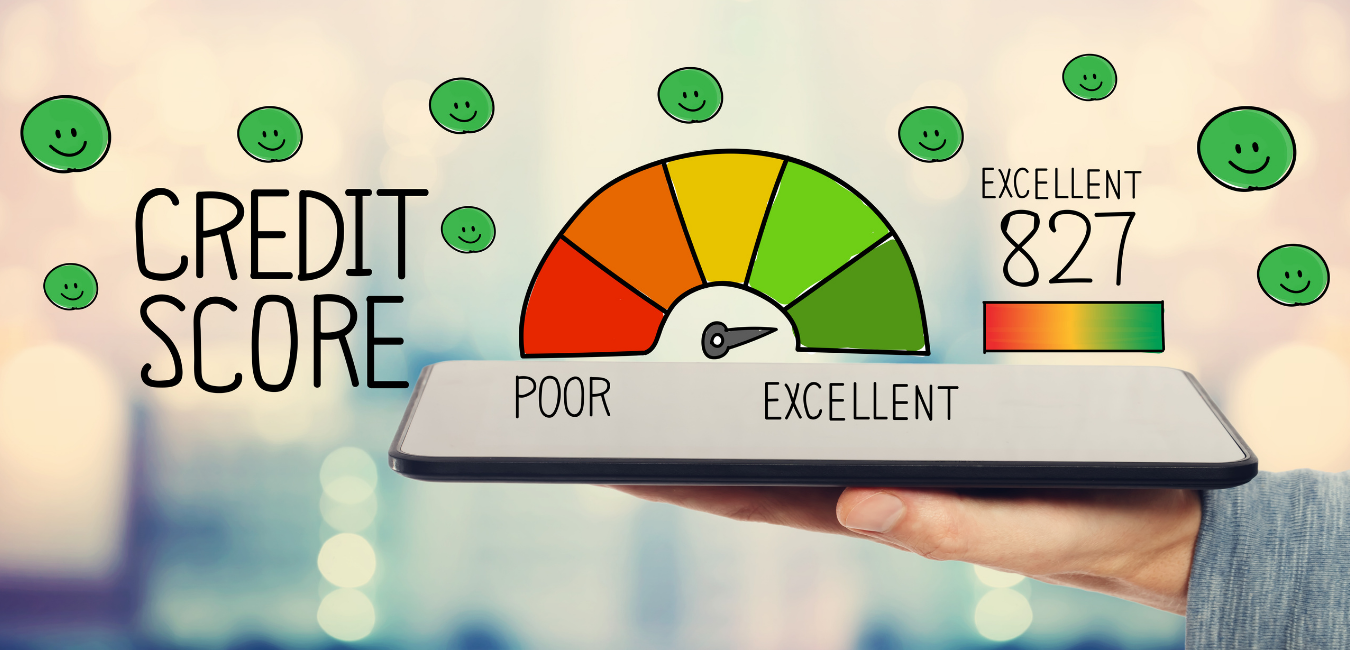Understanding your credit score
Your credit score is a number that will become very important to you when it comes time to assess your finances in order to apply for a loan.
This number is one of the most significant indicators of your desirability as a potential borrower to lenders. It represents your creditworthiness by taking into account every aspect of your financial profile. Loan applications, outstanding debts, missed repayments, and defaults are all noted and taken into consideration when calculating the final number, and they can stay on your credit file for years. Safe to say, it’s incredibly important to understand how your choices will reflect in your credit score before making any significant financial decision.
The Credit Score and the Credit Report
Your credit score is represented by a number ranging from 0 to 1,000/1,200 (the upper limit will depend on which credit reporting agency you are using), with a higher number representing a lower risk for the lender. Each reporting agency calculates credit score slightly differently, and as such, what is considered a ‘good’ credit score varies as well.
| Good Credit Score | |
| Experian | 625 – 699 |
| Illion | 500 – 699 |
| Equifax | 666 – 755 |
Your credit report is a summary of your financial history. It details loan enquiries, defaults, repayment history, pending credit, and any other transactions that would impact your credit score. Credit reports are maintained by credit reporting agencies, such as those listed in the table above.
How Your Credit Score is Calculated
Your credit score is calculated using information from lenders – such as any outstanding debts, applications, enquiries, etc., and information provided by the courts – such as any judgements against you. In addition, utility providers may provide information about missed or late bill payments, which will also impact your credit score.
Aside from these more obvious factors, other details are also considered, such as your age and the length of time you’ve been with your employer or at your current address.
Checking Your Credit Score
Finding out your credit score is relatively easy and something you can do at no cost. Plenty of websites give you the option to request a copy of your credit report, requiring only that you confirm your details to prove your identity.
The Australian government provides a list of credit reporting agency websites that you can request your credit report and score from. Because each credit reporting agency calculates your credit score a little differently, it’s a good idea to take a look at all of them to get a well-rounded understanding of your credit position.
Regularly going over your credit report is considered good practice. Even if you’re not looking for a loan right now – it’s not uncommon to find errors that may negatively impact your overall score. Discrepancies can be reported and removed to improve your chances of being approved for a loan.
What are the Benefits of a High Credit Score?
The higher your credit score, the better chances your loan application will be approved. That’s not all, though. A higher credit score may allow you to negotiate a better interest rate on your loan, access a higher limit on your credit cards, and even get a lower premium on your insurance.
How Can I Improve my Credit Rating?
To give yourself the best chance of success when applying for a new loan you will want your credit file to look as attractive as possible. A few tips for bringing up your credit score:
- Reduce the number of credit cards you have open, and their limits
- Ensure bills, rent, and loan repayments are paid on time
- Try to stay put in both your job and your residence
- Reconsider joint accounts with those who have a poor credit rating
What if I Have a Bad Credit Score?
Even with a low credit score, not all is lost. Although you may have to pay higher interest rates, there are plenty of lenders out there who will consider taking you on as a borrower.
Have a chat with a mortgage broker to find out which lenders are most likely to work with you.
